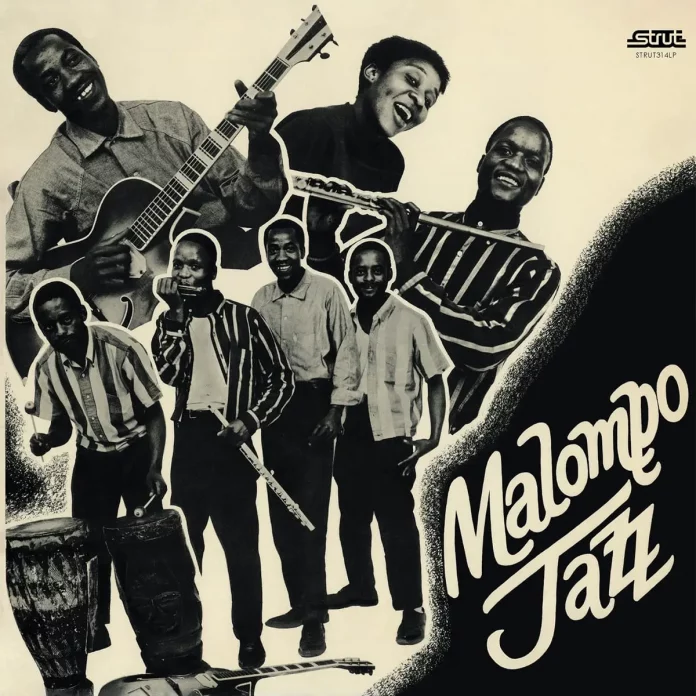Although there was an African presence in jazz in this country before the 1960s and 70s, that period saw the arrival of a number of exiled musicians of modern persuasion, including Julian Bahula and Lucky Ranku, who managed to escape the repressive apartheid regime of South Africa and forge a career here.
Bahula and Ranku had been members of the Malombo Jazz Makers, highly popular in the local communities and festivals, and the recordings they had made for Gallotone and Continental in 1966 and 1967 are here reissued as two vinyl LPs on Strut Records. Few examples make the link between African folk music, American blues and jazz clearer.
Abbey Cindi began as a vocalist and this is reflected in his flute playing in its conversational style, a discussion with the other instruments of the trio. It also applies to his harmonica playing, on Lousy Fever, Udondolo and Vukani, which emphasises the blues element, especially when guitarist Ranku joins. Other times Ranku simultaneously includes a bass line in conjunction with his solo runs or hints at more experimental areas. The flute and guitar are in close unison on Vuma Mbari and Jolly Journey, and often intertwined, one always evoking a firm response from the other.
And close in touch with everything are the drums of Julian Bahula. Relentlessly energetic, he guides the music through ebbs and flows, intensifying through volume, force and the occasional explosion. There are quiet drum passages, as on Lullaby For Angels, where he follows the flute lead, but his dexterity is always in evidence as he embellishes the music whilst maintaining a galloping, rolling rhythm, as demonstrated on Umk Hosi, Grab This For Me and Vukani.
Singer Hilda Tloubatla appears on Jikeleza, Ngivul Ele and Hleziphi, strong and direct, with heartfelt expression and shadowed by the attentive support of the trio. Abbey Cindi provides vocals on Bababelo.
At times an extra horn might give greater variation, but this is a minor point and the two volumes represent an important stage in the development of African music and its consequential relationship with modern jazz. A 2022 interview with Julian Bahula by Quinton Scott is included on the inner sleeve.
Discography
[Malompo Jazz] Abbey’s Mood; Lullaby For Angels; Grab This For Me; Emakhaya; Blues After Lunch; Bababelo; Intandane; A Tribute To Birds; Root Of Africa; Vuma Mbari; Lousy Fever; Jikeleza (35.37)
[Malombo Jazz Makers Vol.2] Ngivul Ele; Udondolo; Soul Of Africa; Jolly Journey; Umk Hosi; Majazana; Abbey’s Body; Vukani; Hleziphi; Sibathathu; Malombi Walk; Emoubane (36.40)
Abbey Cindi (f, hca, v); Lucas “Lucky” Ranku (g); Julian Bahula (d); Hilda Tloubatla (v). Johannesburg, 1966 & 1967.
Strut STRUT314LP and STRUT315LP
















